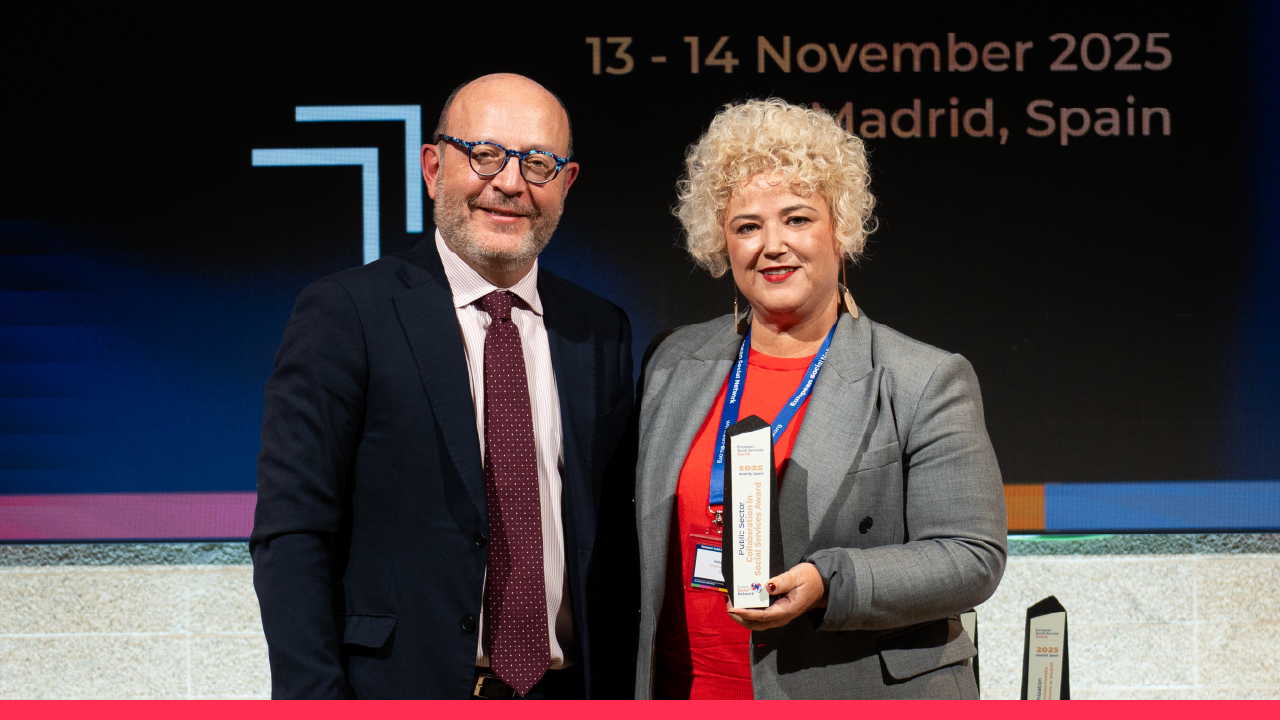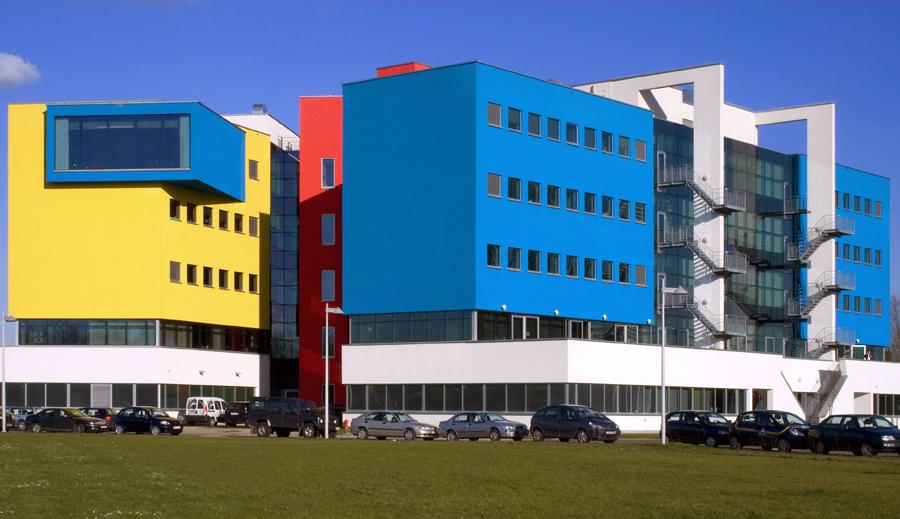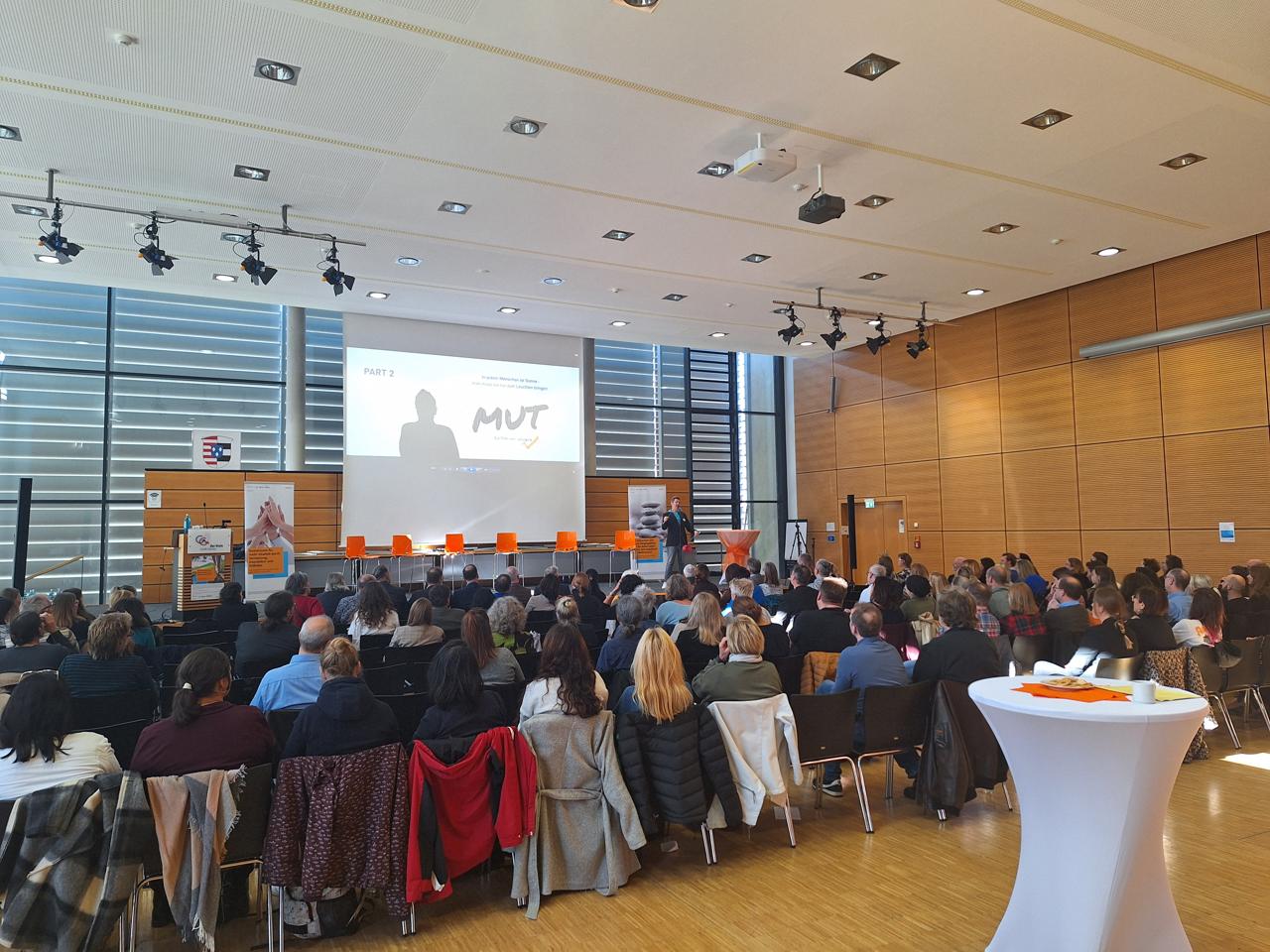Public Sector Collaboration in Social Services Award
This award recognises a multi-agency partnership between multiple departments within a public authority or between multiple public authorities in a locality, region, country or across countries that has demonstrated outstanding collaboration across the public sector to improve social services and deliver better outcomes for individuals and communities. The award highlights initiatives where local, regional, or national public administrations have successfully worked together; e.g. multiple authorities within one sector or across various sectors — to promote policy alignment and to provide integrated, person-centred services that address complex social challenges.
Examples of key areas of public sector collaboration in social services:
- Integrated Health and Social Care Services – Bridging gaps between healthcare, social services, and long-term care to provide seamless and holistic support for older people, individuals with disabilities, and those with complex needs.
- Preventing Homelessness and Housing Instability – Aligning housing, employment, and social care strategies to provide long-term, sustainable solutions for at-risk populations.
- Justice, Rehabilitation, and Reintegration – Strengthening coordination between social services, justice systems, and rehabilitation programmes to reduce re-offending and support reintegration into society.
- Social Inclusion and Employment Pathways – Bringing together education, welfare, and employment agencies to improve access to training, jobs, and economic opportunities for vulnerable groups.
- Social Inclusion and Minimum Income - Bringing together social benefits and services to support people who are unemployed or in minimum income schemes.
- Knowledge Exchange and Standards Development – Bringing together partners to share best practice and develop harmonised policies, frameworks, and quality standards.
Special consideration is given to initiatives that:
- Bridge the gap between public administrations within the same level of government or between different levels of public administration, fostering cooperation between local, regional, and national authorities to enhance service accessibility and efficiency.
- Improve accessibility and efficiency, reducing bureaucracy and ensuring individuals receive the right support at the right time.
- Foster meaningful collaboration between countries, ensuring sustained engagement and mutual learning.
- Tackle cross-cutting social issues, like coordinating health and social care for people with chronic conditions; social benefits and social services within minimum income schemes; aligning education, skills, employment and social services; social services and justice in child protection or reintegration of former inmates.
- Demonstrate measurable impact, showing how integrated approaches lead to better quality of life and better life outcomes, increased social inclusion, and improved public sector efficiency.
- Are scalable and transferable, offering a best practice example that can be adopted in other European regions or sectors.
Public Sector Collaboration in Social Services Award 2025 Winner

Title: “Local Care Ecosystem”
Organisation: Department of Care and Social Policy - Provincial Council of Gipuzkoa (Spain)
More information here: https://www.zaintzaherrilab.eus/es/
Summary: The Local Care Ecosystem (LCE) is a territorial strategy developed in the Province of Gipuzkoa (Spain), to strengthen local public systems and improve the quality of life of frail and dependent older people who wish to remain at home. It addresses the unsustainability of traditional care models by promoting collaborative governance, personalised care itineraries, and integrated networks linking social, health, and community services. Implemented in 18 municipalities within the Gipuzkoa Zaintza Lurraldea 2030 strategy, the LCE engages 1,202 frail individuals, 167 families, 124 caregivers, and 240 organisations. Supported by the Provincial Council, municipalities, the Basque Government, and EU funding, the project has demonstrated measurable impacts: enhanced user satisfaction, improved professional coordination, and greater accessibility to services. Key innovations include local governance structures, federated data platforms for cross-sector coordination, and structured scaling tools (Zaintza Scaling Hub). The LCE offers a scalable, transferable model to advance integrated, person-centred care and address Europe’s ageing challenge.
Public Sector Collaboration in Social Services Award 2025 Nominees

Title: “Project A106: Collaborative Detection of Social Vulnerability in Barcelona”
Organisation: Barcelona City Council - Institute for Social Services, Spain
More information here: https://ajuntament.barcelona.cat/serveissocials/ca/canal/institut-municipal-de-serveis-socials
Summary: Social vulnerability is often hidden and hard to detect. In Barcelona, the city’s social services have partnered with Guàrdia Urbana Barcelona (GUB), the local police force, as their daily presence in public and private spaces enables them to identify early signs of social vulnerability. Project A106 creates a centralised referral pathway with clear roles, co-produced tools, and joint training, which ensures faster and more accurate detection and referral of individuals facing social vulnerability. This initiative allows patrol officers to complete the report directly on the street and at the moment of interaction with individuals at risk, using smartphones. This ensures that referrals are more precise. As all case transmissions can be monitored, it also strengthens accountability and follow-up. Between March and June 2025, during the citywide rollout of this initiative, 1,400 referrals were registered. No major incidents or disruptions were recorded, demonstrating the system’s operational stability. In fact, there has been a notable increase in alignment between referrals and social services eligibility criteria.

Title: “Food Redistribution in the Care Region of Bruges”
Organisation: Ruddersstove, Public Centre for Social Welfare of Bruges (OCMW Brugge), Belgium
More information here: https://www.devoedselploeg.be/
Summary: After the end of the Interreg project “Flavours of Bruges” in 2023, Ruddersstove Maaltijdzorg, a local meal distribution platform, committed to making its outcomes a part of its regular operations. Hence, the creation of a food distribution hub, collecting and redistributing food to people in vulnerable situations, in cooperation with 10 local municipalities. The hub acts as a link between surplus food donors, such as supermarkets and retailers, and social food distribution centres, aligning efforts to fight poverty and promote sustainability. The project strengthens the community by employing volunteers, local residents and partner organisations to combat food waste while ensuring that vulnerable individuals and families have access to affordable food. It stands out for its partnerships between Ruddersstove and the 10 participating municipalities, as well as with social grocery shops and local service providers. Against this backdrop, government agencies play an important role in referring beneficiaries, providing financial support and embedding the project in the city's broader social welfare strategy.

Title: “V-I-T: Innovative Paths for Participation in Working Life”
Organisation: Municipal Job Centre in the Groß-Gerau district, State of Hesse, Germany
More information here: https://jobcenter-gg.de/
Summary: The V-I-T project supports people with mental health or substance use disorders who often fall through systemic gaps. They are considered “too unwell” for standard employment programmes yet “not sick enough” for clinical care. To address this challenge, this project offers low-threshold, integrated assistance aligning employment support with psychosocial care in a seamless and person-centred way. The initiative is carried out by a unique alliance between job centres, public authorities, and private sector unions, providing integrated support for individuals. This way, it is possible to overcome system fragmentation, align practices across institutions, and provide person-centred support to individuals facing mental health challenges or substance abuse disorders. According to the interim evaluation, the project has led to improvements in participants’ health awareness, emotional stability, and social participation. It has also allowed for improved cross-agency cooperation and participants’ knowledge of existing support systems.

Title: “LASTA Screening Model: Ensuring Information Sharing and Multidisciplinary Cooperation”
Organisation: Ministry of Social Affairs and Health, Finland
More information here: https://stm.fi/en/frontpage
Summary: While collaboration across administrative sectors is a key element in the work against child abuse, it is often challenging for actors from different institutions to work together and coordinate their response. The LASTA screening model addresses this challenge by combining information from police, child protection services, and healthcare to provide a comprehensive risk assessment. This model ensures effective information sharing and multidisciplinary collaboration when a child is suspected to be a victim of physical abuse or sexual offences. Research conducted on the Lasta model has found that it accelerates the pre-trial investigation process, thereby enhancing public sector efficiency. Consequently, by using the LASTA screening model, a child’s situation can be clarified more quickly in the investigation process, which in turn helps protect the child.